1. Walking Everywhere

Back in the day, people didn’t rely on cars for every little errand. They walked to school, to work, to the store—sometimes just to clear their heads. It was a normal part of life, not a fitness trend or something tracked on a watch. Turns out, all that casual walking was doing a lot more for them than they probably realized. Experts now say that walking is one of the best things you can do for your body and mind says CNET.
Regular walking can lower your risk of heart disease, improve mental health, and even support brain function as you age. It’s gentle but effective, especially when done consistently. Plus, there’s something soothing about strolling through a neighborhood, just taking it all in. Maybe we don’t need a fancy gym membership after all—just a good pair of shoes and a little time adds Women’s Health.
2. Eating Dinner Early

Families used to eat dinner right after work or school, usually by 5 or 6 p.m. These days, it’s common to eat later, especially with busy schedules and long commutes. But studies show that our grandparents were onto something. Eating earlier gives your body more time to digest before bed, which can improve sleep and reduce acid reflux shares Fortune.
Experts say aligning your meals with your body’s natural circadian rhythm helps regulate blood sugar and may even support weight loss. Late-night snacking can disrupt hormones and make mornings sluggish. It’s a small shift, but eating dinner a little earlier might just be one of the easiest wellness moves out there. And hey, it leaves more time for a quiet evening routine adds TODAY.
3. Hanging Laundry to Dry
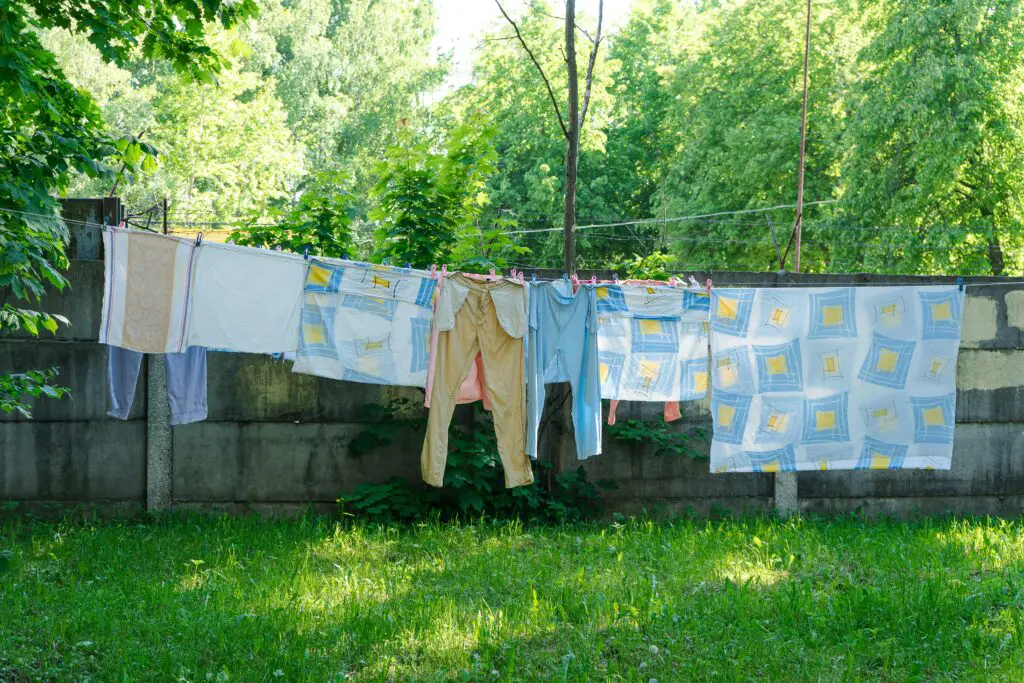
Before dryers were common, people would hang their laundry outside or over radiators. It wasn’t just about saving money—it was what everyone did. Now, more and more people are going back to that method, and experts say it’s better for both your clothes and the planet. The heat and tumbling of dryers can wear out fabrics faster, leading to faded colors and stretched fibers.
Air-drying helps your clothes last longer, which means fewer trips to replace them and less textile waste. It also cuts down on energy use, which is a bonus for your utility bill and the environment. Plus, there’s something undeniably peaceful about fresh air–dried sheets. It may take a little longer, but sometimes slow is smarter.
4. Cooking from Scratch
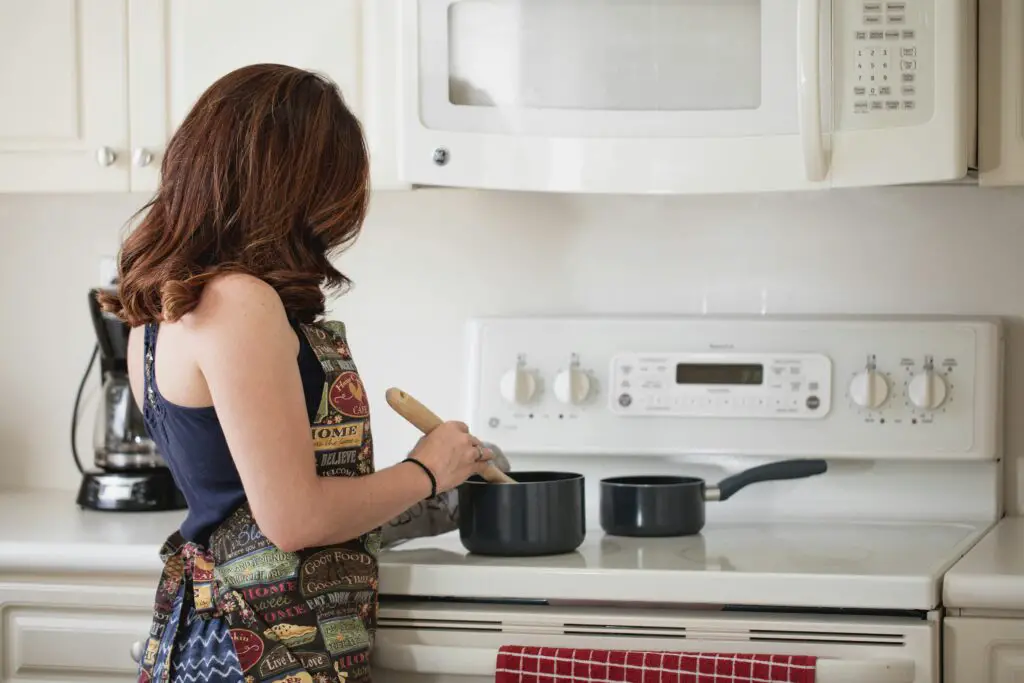
Convenience foods took over at some point, but before that, most meals were made from real ingredients at home. From chopping vegetables to kneading dough, cooking was a daily act of care. Nutritionists now say that making meals from scratch is one of the best ways to eat healthier. You have full control over the salt, sugar, and fat content—no mystery ingredients hiding on a label.
It’s also a mindful activity that connects you to what you’re eating. Sure, it takes a little more effort, but it doesn’t have to be fancy or complicated. Even simple home-cooked meals tend to be more nutritious. And there’s a certain pride that comes with knowing exactly what went into your food.
5. Taking Afternoon Breaks
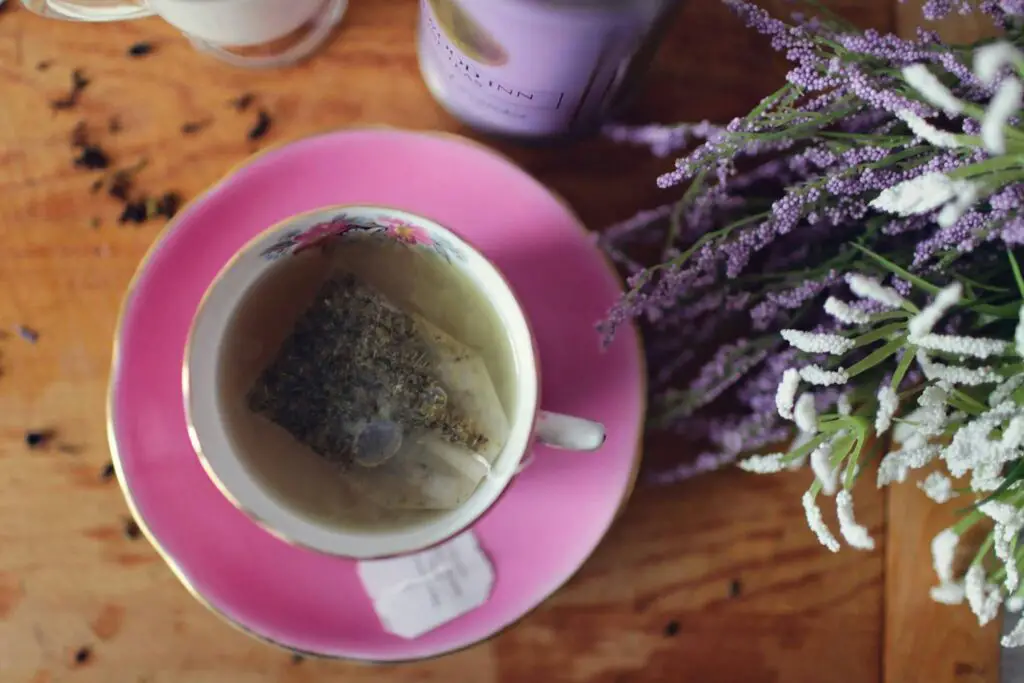
In many households, especially in farming communities, the afternoon pause was sacred. People would sit down for tea, coffee, or just a few quiet minutes before continuing their day. This wasn’t laziness—it was a built-in way to recharge. Today’s constant hustle makes breaks feel like a luxury, but research shows they’re essential for focus and long-term productivity.
Pausing mid-day can help reduce stress, improve mood, and boost creativity. Your brain needs downtime to process and reset. That quick break can actually help you get more done, not less. So maybe it’s time to bring back the afternoon pause—no guilt necessary.
6. Keeping a Set Bedtime

There was a time when people didn’t need phone alarms to tell them it was time for bed. As soon as the sun went down and chores were done, they’d start winding down. Today’s world is full of screens and distractions, but sleep experts say that sticking to a regular bedtime is one of the most powerful ways to improve sleep quality. Your body craves routine—it helps regulate your internal clock.
Going to bed and waking up at the same time every day—even on weekends—can improve energy levels, mood, and cognitive function. It may feel boring, but the benefits are anything but. A consistent sleep schedule can even strengthen your immune system. So maybe Grandma’s early-to-bed routine was a form of self-care after all.
7. Using Everything Up
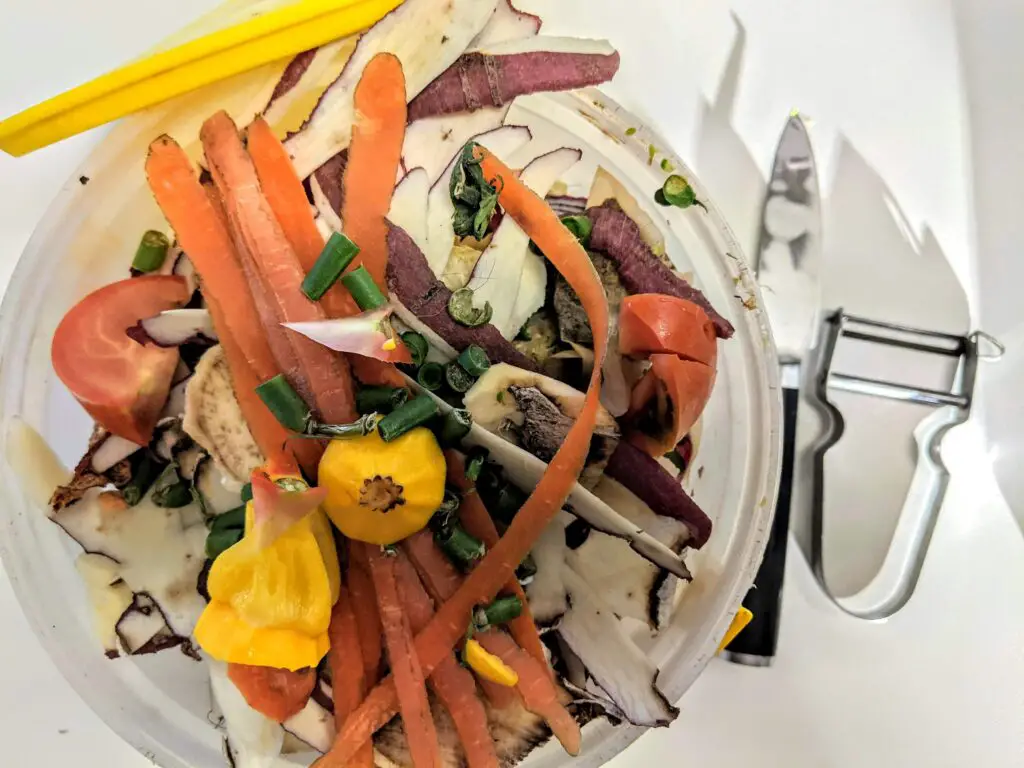
Waste wasn’t an option in many households of the past. People used every part of what they bought—from food scraps in broth to worn-out clothing repurposed into quilts. Today, experts call it sustainability, but back then, it was just common sense. Repurposing and reusing reduces waste and saves money, all while encouraging creativity.
It’s a practice that also helps us appreciate what we have. Instead of tossing things the minute they seem worn, we could learn to fix or reimagine them. And cooking with leftovers? It’s practically an art. That mindset of using what you have isn’t old-fashioned—it’s surprisingly smart.
8. Gardening for Food
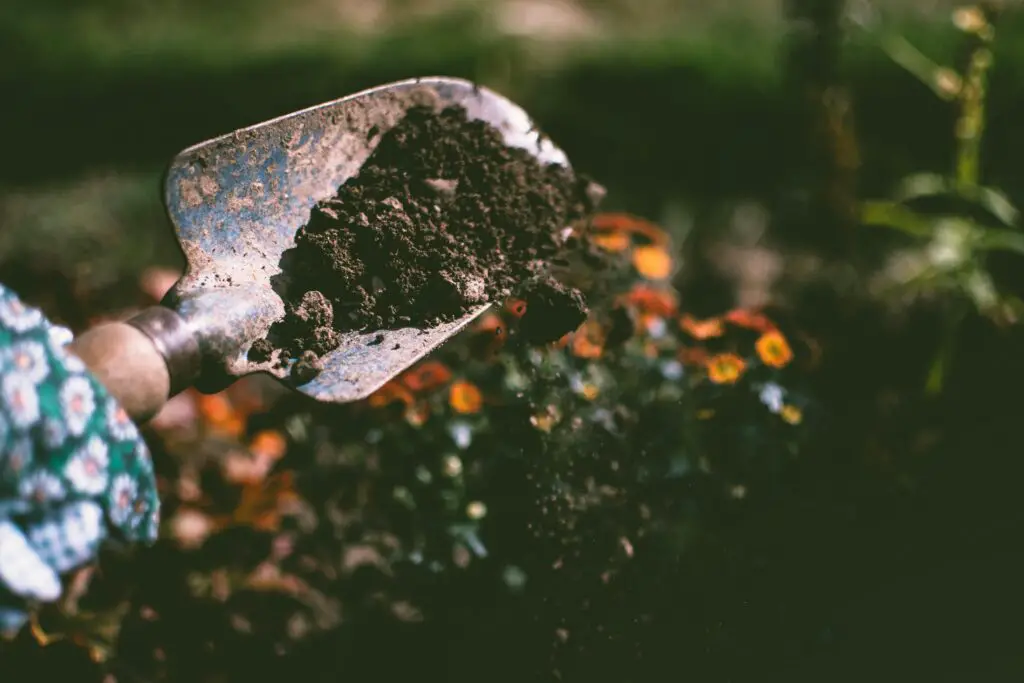
Home gardens used to be a necessity, not a hobby. People grew what they could, canned what they harvested, and took pride in feeding their families from the backyard. Now, health experts praise gardening for its physical, mental, and nutritional benefits. You get fresh produce, exercise, and time in the sunshine—all in one activity.
Gardening also connects you with your food in a meaningful way. It teaches patience, planning, and care. Plus, there’s nothing quite like the taste of something you grew yourself. Whether it’s a full vegetable patch or just a few pots on the balcony, a little homegrown effort goes a long way.
9. Cleaning Daily
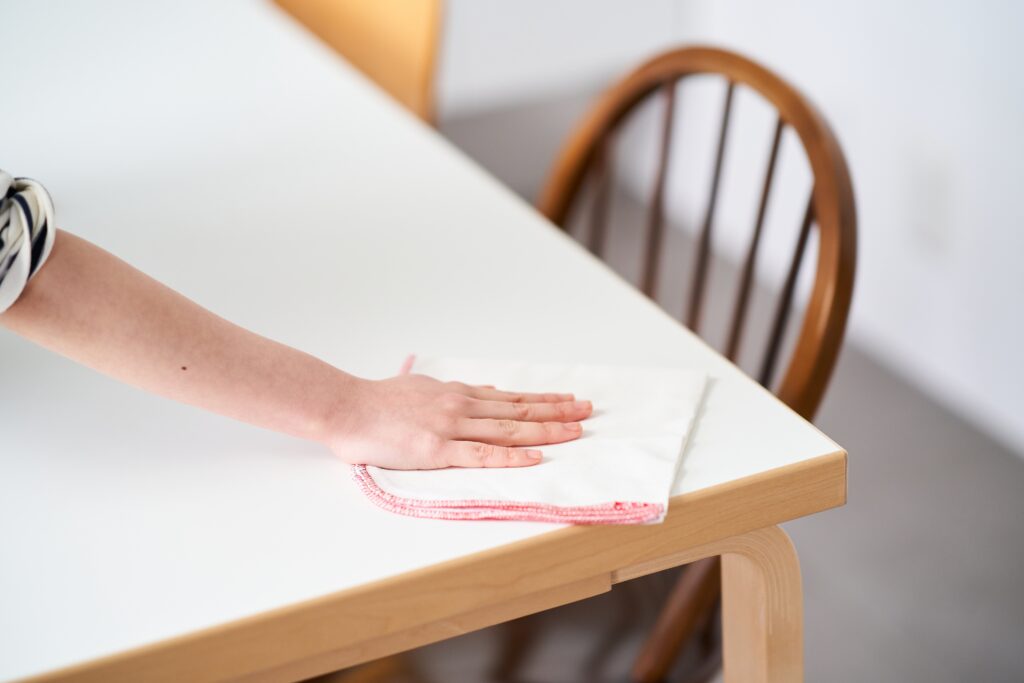
Instead of letting things pile up, many households once did a little cleaning every day. It was just part of the rhythm—sweep the floor, wipe the counters, tidy the porch. That habit kept messes manageable and homes more peaceful. Today’s experts agree that small, regular cleanups are better for mental health than marathon cleaning sessions.
A tidy space can reduce stress and improve focus. Daily maintenance also prevents dirt and clutter from becoming overwhelming. Plus, it’s easier to take pride in your space when it doesn’t feel like a giant to-do list. A few minutes each day really can make a big difference.
10. Making Time for Neighbors
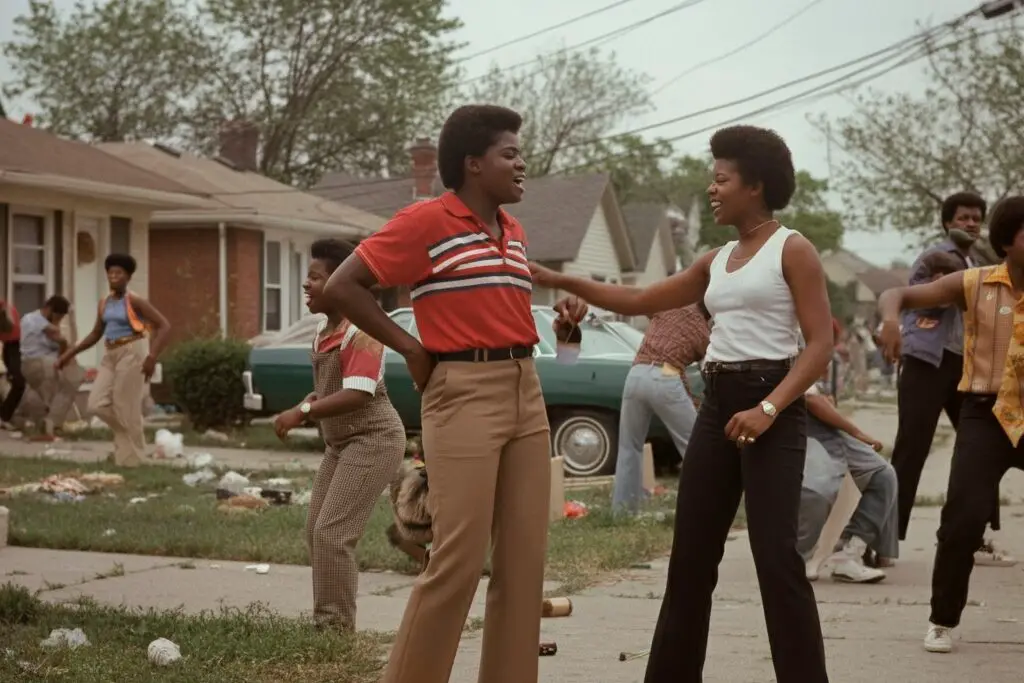
It wasn’t unusual for people to drop in on neighbors or lend a hand without being asked. Communities were tighter, and those little connections added up. Now, loneliness is considered a public health concern, and experts are urging us to rebuild those old social habits. Just saying hello or checking in can foster a strong sense of belonging.
Social interaction helps reduce stress, support mental health, and even boost longevity. It doesn’t take much—just a wave, a quick chat, or helping carry groceries. These everyday interactions build bonds that make life feel less isolated. Sometimes the smallest gestures leave the biggest impact.
11. Sitting Down for Meals
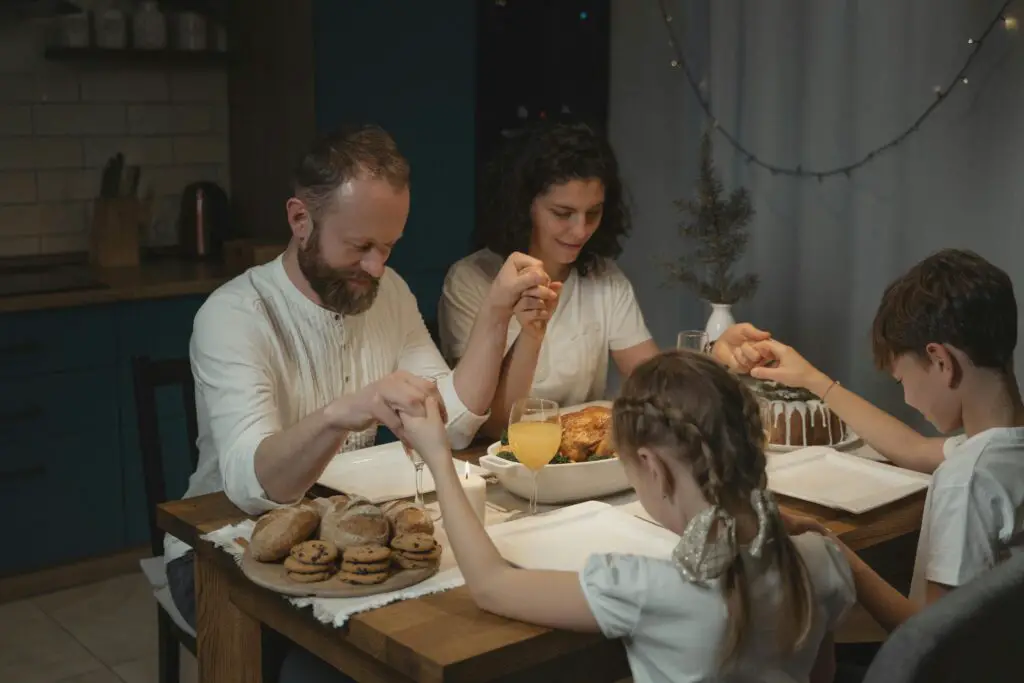
Before fast food and solo dinners in front of the TV, families gathered at the table. Mealtime was more than just eating—it was connecting. Today, dietitians and psychologists alike point to the benefits of mindful eating and shared meals. Eating slowly and in good company can improve digestion and reduce overeating.
It’s also a chance to pause and be present, something we all could use more of. Even if it’s just one meal a day, sitting at a table without screens makes a difference. Kids who eat with their families tend to perform better in school and develop healthier habits. It’s a tradition worth reclaiming.
12. Doing One Thing at a Time
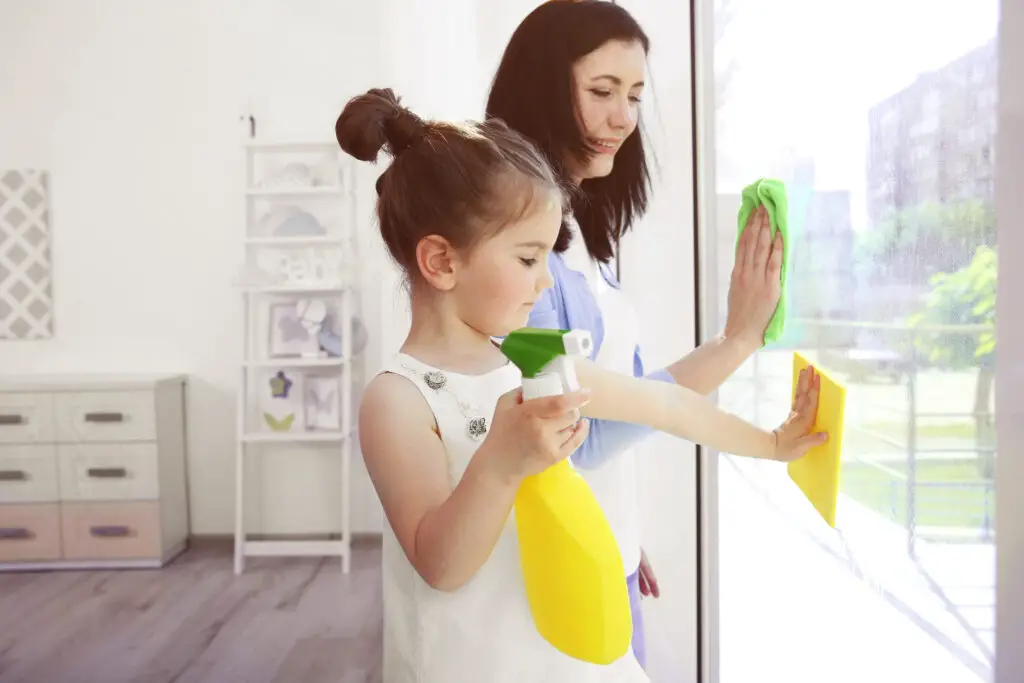
Multitasking wasn’t always the goal—people used to do one thing, finish it, then move on. Whether it was sewing, chopping vegetables, or writing a letter, tasks got full attention. Now, we juggle tabs and texts and wonder why we’re exhausted. But research shows that focusing on one thing at a time actually leads to better results and less stress.
Single-tasking boosts productivity, creativity, and even memory retention. It allows your brain to go deeper and work more efficiently. Plus, it feels more satisfying to actually complete something instead of half-doing three things at once. So maybe our ancestors weren’t behind the times—they were just more in tune.
